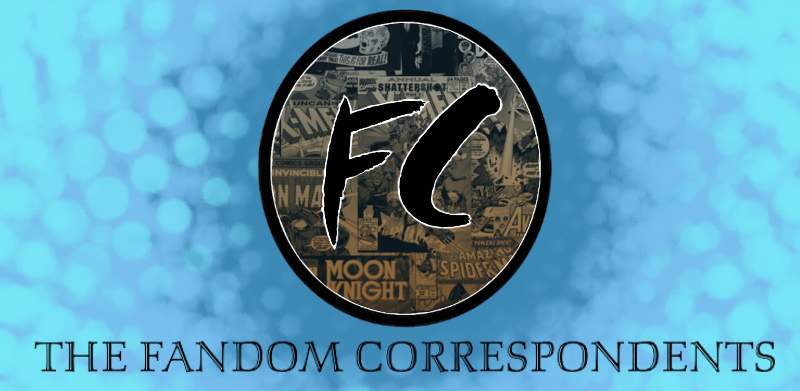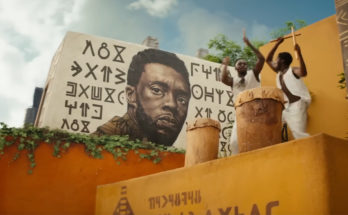It was perhaps inevitable that a movie which was delayed over a year would become a feast for the armada of cynics that make up the movie review circuit, but in the case of Black Widow it is especially tiresome. I understand it is a necessary point of view, but the idea that this movie is “too little, too late” should not cloud the fact that this movie is one of the three best movies in the MCU and serves as near indisputable proof that Natasha Romanoff, the Black Widow, is the coolest Avenger.
In a sense, Black Widow can be seen as the quintessential, non-Avengers, MCU film. Like Captain America : The Winter Soldier and Black Panther before it, Black Widow attempts to build a movie out of the driving force behind its titular character. With Natasha, the need to seek redemption for sins of the past should be extremely familiar to any fan of these movies, as it has been her stated objective in every Avenger movie. In the events of this movie her opportunity for redemption literally seeks her out in the form of a macguffin that (without going into spoilers) can destroy the Red Room and release all of its prisoners. Admittedly this seems pretty on the nose, but, as with all stories, ninety percent of a story’s success is how it is told.
I have written about this before, but I feel the need to state again that we underrate how difficult it is to be a part of the MCU. This is particularly true of the stars of Black Widow because so many of the characters live in the gray. David Harbour’s Red Guardian, for example, is a nationalistic idiot. He seems irredeemable, and yet his idiocy is a type that I understood. Rachel Weisz’s Melina strikes a similar chord in that she is so enamored with her own experiments that she has allowed herself to ignore the evil that can be accomplished through her discoveries. As Red Guardian embodies the ignorance of unconditional nationalism, Melina embodies the cowardice that allows nationalism to benefit the powerful. The consequences of their actions are thrown back in their faces by Natasha, but are personified by Yelena who has been truly alone since harrowing events that start the movie. Much has been said about Florence Pugh in this movie, and I must admit I was initially worried that she would be nothing more than a junior version of Black Widow. I was very wrong. Yelena is an incredibly interesting character, written as both a capable killer while at the same time being an optimist. Without delving into spoiler territory, she is further along in some ways than Natasha, and the effortless chemistry Pugh has with Scarlett Johannson is remarkable. Pugh is part of the new Hollywood “It Crowd” these days, but I really hope she makes time for more appearances as Yelena.
I do not want to go into spoiler territory, but the antagonists of this film deserve special mention. One of the complaints about the MCU is that their villains are typically not very interesting and honestly the character of Dreykov is not overtly unique, even though he is brought to life by a perfectly repulsive Ray Winstone. What Dreykov does represent is the idea that girls are a product to be used. His entire empire is based on how the world discards and exploits girls, and while I cannot say the movie belabors this point considering (vaguely gestures at everything) it is kind of amazing that this movie which was filmed two years ago is so prescient in its messaging. Dreykov’s methods even extend to Taskmaster, which, without revealing too much, is an interesting take on the character. Personally, I will say that this is the first time I have ever been invested in Taskmaster, and the character’s ending is a highlight from my point of view.
There is this thing Natasha does when she is talking to someone she cares about where she makes eye contact for a short period before quickly looking away. She does it with Clint in Avengers, and with Steve in Civil War. Here, this little quirk comes out when she is talking to Yelena. It is almost as if her body is reacting against letting its guard down for even these little moments of transparency. It is just one example of how Johansson breathes life into this character. Yes, there are some fantastic set pieces full of great fight choreography and outlandish scenarios, but it is Johansson’s performance that I find most memorable. I do not know how else to say it; Black Widow is the coolest Avenger. And it makes perfect sense that in this world where gods fight to save Asgard, genius billionaires struggle to protect us from alien invaders, and super-soldiers expose corruption, it is Natasha who finds herself actually avenging on behalf of all who suffered under Dreykov’s regime. Black Widow might not be the strongest or most popular Avenger, but she might be the hero who most exemplifies what it means to have the title.
Which brings me to the melancholy aspect of this movie; this will probably be the only Black Widow film. Somewhere between “Thank you for your cooperation” and “It was real to me too” (trust me, it will make sense), I began to get really sad that this would, more than likely, be the last time I saw this character on the big screen. It is this very reason that every review of this movie has to acknowledge the “too little, too late” issue. But the truth is that Black Widow, judged in a vacuum on its own merits, is one of the best Marvel films ever. When the only gripes that can be levied against a movie are “it should have come out sooner,” and “I wish there were more,” then that movie can be considered a success. I wish this was not the last time we saw her, but if it is then at least we can say that Black Widow finally got the movie she deserved.


